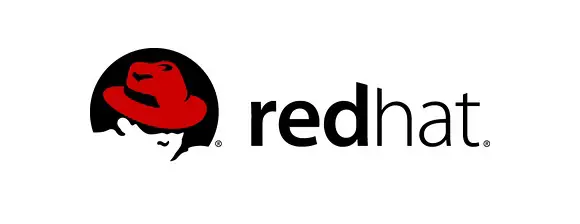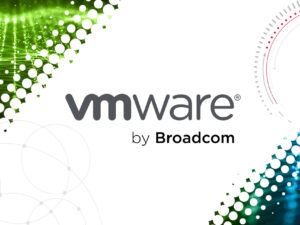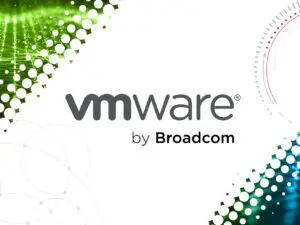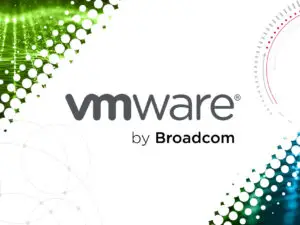Mastering Red Hat Linux
- Description
- Curriculum

This comprehensive Red Hat Linux course is designed for individuals aiming to master Linux system administration and related domains, such as networking, storage, cloud, and DevOps. You will learn essential Red Hat Linux skills from the ground up, progressing to advanced topics like system performance tuning, server deployment, and security hardening. Through domain-specific modules, you’ll gain expertise in areas like web server administration, database management, and cloud virtualization.
By the end of the course, you’ll be prepared to handle real-world challenges, whether you’re managing a single server or an enterprise-level infrastructure.
1. Introduction to Red Hat Linux
– Overview of Linux and Red Hat
– Understanding Linux distributions
– Installation of Red Hat Enterprise Linux (RHEL)
– Navigating the Red Hat ecosystem
2. System Administration
– Linux File System and Hierarchy
– User and Group Management
– File Permissions and Security
– Package Management with yum and dnf
– System Boot and Runlevels (systemd)
– Configuring Cron Jobs and Task Automation
3. Networking and Security
– Basics of Networking in Linux
– Configuring Network Interfaces
– Managing Firewalls with firewalld
– SSH Configuration and Management
– SELinux Fundamentals
– Troubleshooting Network Issues
4. Storage Management
– Disk Partitioning and File Systems
– Logical Volume Management (LVM)
– Mounting and Unmounting File Systems
– Managing NFS and Samba Shares
– iSCSI Storage Configuration
5. Advanced Administration (Domain-Specific)
– Web Server Administration
– Installing and Configuring Apache/NGINX
– Hosting Websites on RHEL
– Configuring Virtual Hosts
– Setting Up SSL/TLS for Secure Connections
– Database Server Administration
– Installing and Configuring MySQL/MariaDB/PostgreSQL
– Managing Databases and Users
– Backup and Restore Processes
– Cloud and Virtualization
– Installing and Configuring KVM
– Managing Virtual Machines with virsh and virt-manager
– Overview of Red Hat OpenShift and Red Hat CloudForms
– DevOps and Automation
– Configuring Ansible on RHEL
– Writing Basic Playbooks for Automation
– Using Git and CI/CD Tools in RHEL
– Security and Compliance
– Hardening RHEL Systems
– Vulnerability Management Tools
– Auditing and Monitoring with auditd
– Compliance Tools (e.g., OpenSCAP)
6. Performance Tuning and Monitoring
– Using top, htop, and iotop
– Configuring Logging with rsyslog
– Performance Monitoring with sar, vmstat, and iostat
– Kernel and Resource Optimization
7. Troubleshooting and Support
– Common Troubleshooting Commands
– Interpreting System Logs
– Rescue Mode and System Recovery
– Red Hat Support: How to Raise a Ticket
8. Certification Preparation (Optional)
– RHCSA (Red Hat Certified System Administrator)
– RHCE (Red Hat Certified Engineer)
– Practical Labs and Exercises




